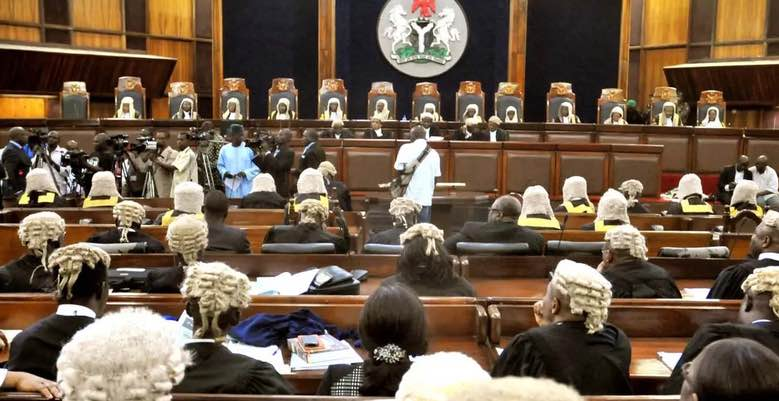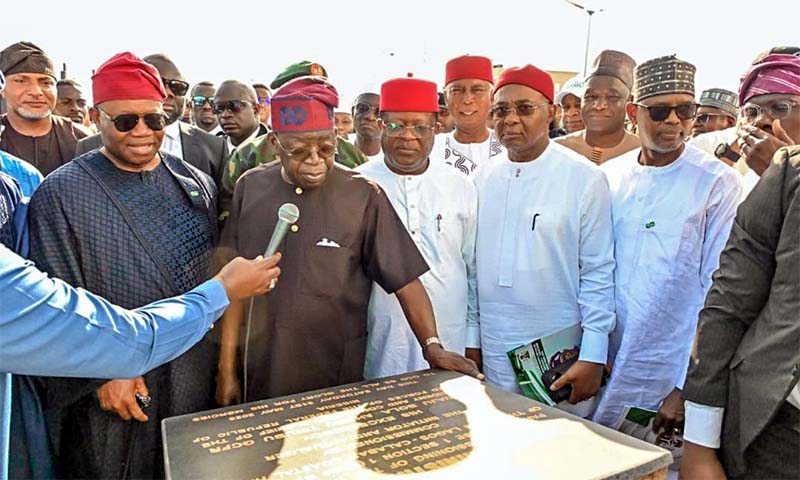“No member of a political party has the locus standi to question the party’s prerogative right on the issue of its choice of candidate for elective offices”
Let me start by advising that the only way one can truly know the import and the purport of a judgment is only when you have a copy of the judgment in question. That’s to surmise that it’s wrong to rely on the judgments you are only privileged to read on the social media. Those ones are like junks. It’s neither here nor their.
I was taken aback when I read where some Pdp hirelings were making frantic but futile efforts to compare the judgment delivered in Delta State sacking an LP House of Representatives Member. The deluge of comments that trailed the judgement goes to show the stuffs the commentators are made of. They ignorantly stand law and logic on its head.
There is what we call ratio deci dendi in law. That’s the reason for the decision. Those PDP media rats do not bother about the reason for the decision. They are only interested in the distorted and disjointed version that is hurriedly dished out by bloggers. This is wrong. The right thing to do is to apply for the Ctc of the judgment before you begin to “chuk mouth”.
Having given this thankless advice, let’s quickly look at what the law says about membership of political parties in Nigeria.
In the case of Echendu vs. Ugonna & Ors (2022)LPELR(CA), the Court of Appeal held, inter alia that “membership of a political party is not for the Courts to decide, as such matters are within the exclusive preserve of the party concerned. It is a domestic affair of the party concerned. The Courts will not be involved in deciding who the members of a political party are”.
See also ANYANWU V. OGUNEWE (2014) 8 the under listed cases where similar decisions were taken by the Courts: NWLR (Pt. 1410) 437 @ 470 KEKERE EKIN JSC in ANYANWU V. OGUNEWE had this to say inter alia
“No member of a political party has the locus standi to question the party’s prerogative right on the issue of its choice of candidate for elective offices, not even in the face of breaching of its rules and regulations.
There is no doubt that membership of a political party is not justifiable”. The Court below was right to have held that the suit was not justifiable and I so hold.” Per PEMU, J.C.A.
In addition, “Disputes often arise from issues of qualification, disqualification, nomination, and substitution, the conduct of primaries and sponsorship of candidates for the election. These are pre-election matters.
Thus, pre-election matters occur from preparations for the general election. In other words, pre-election matters are, as the name implies, matters that occurred before the election itself. “They are live issues that must be heard and a judgement delivered. Litigations arising from party primaries, e.g., the substitution of candidates. Complaints about the conduct of primaries are pre-election matters.” – per Rhodes-Vivour J.S.C. in A.P.C. v LERE (2020) 1 NWLR (PT. 1705) 254 @ 279.
Therefore, matters arising from disputes which arise before the election are referred to as pre-election matters.
The following matters have been classified by the courts as pre-election matters: (1) nomination of a candidate (2) double nomination of a candidate (3) disqualification of a candidate (4) wrongful substitution of a successful candidate’s name by the Electoral Body (5) wrongful omission of a successful candidate’s name by the Electoral Body (6) complaints about the conduct of primaries (7) false declaration on oath about particulars of a candidate.
On a final note, it’s not yet time to sing Alleluia over the Delta State judgment, especially when the said judgement was given by tribunal of first instance. There is still a step ahead to be taken in the hierarchical upstairs of our judicial system; the Court of Appeal!
Let’s see how it pans out at the end of the day.






